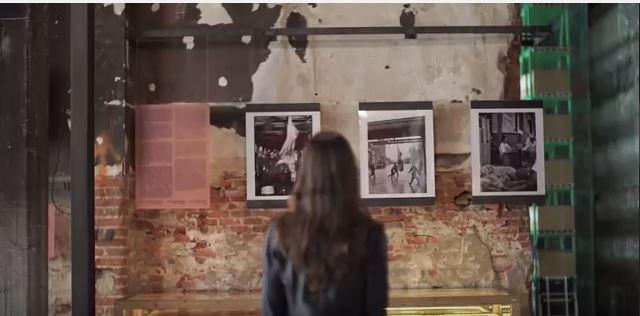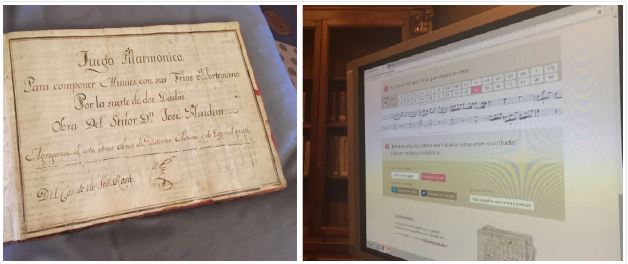
For knowledge to become much greater and public heritage to be everywhere is one of the objectives of the Spanish National Library (BNE), which has opted to promote reuse of its digital heritage and develop new, innovative products and services with the Library’s collections.
Every day, the BNE digitizes 16,500 pages and has already added around 280,000 digitized documents representing more than 35 million pages (books, magazines, maps, manuscripts, prints, drawings, photographs, audiovisual media, musical scores, sound recordings, brochures ... ) which are offered digitally, through the Hispanic Digital Library.
In its commitment to adapt to the digital world, the BNE has not ceased to move forwards. On the basis of several cooperation agreements signed with the public entity Red.es - from Ministry of Energy, Tourism and Agenda Digital -, this cultural institution with over 300 years of history has opted to continue massively scanning its collections, but also by promoting the reuse of these collections to generate new knowledge and innovative creations from digital collections, data and tools.
"Offering the ability to reuse our data and our cultural content for new uses, as well as for research, for uses that were previously unsuspected such as leisure, tourism, fashion and video games," says the director of the National Library Ana Santos Aramburu, "is what we want to do and through programs that we have posted on our web users can create their own products."
The BNE digital collection is an asset that adds to its undoubted cultural value a huge innovative potential in the development of new products and services that deliver value to the whole of society. The main lines of work of the new project and virtual space presented by the BNE and Red.es - BNElab - are the improvement and enrichment of data sets of the National Library, their reuse and the creation of digital products and services from the digital collections of the BNE that show new uses of this heritage and of new emerging sectors.
The possibilities for re-use of this digital heritage are very broad and in areas as diverse as education, entertainment, research or technological, artistic or humanistic innovation, thus being a driver of learning and knowledge, technological and economic development, and innovation and creation.
#BNElab ( http://www.bne.es/bnelab/ ) is now a reality. And the 'Philharmonic Game' ( http://juegofilarmonico.bne.es/) is the first project for reuse of the BNE digital collections to have seen the light, creating minuets through a dice game. An innovative technological development, made from a manuscript of the eighteenth century that is preserved in the Library’s collections.
The project reproduces and digitally recreates how this game works. Very popular in its time, it was conceived as an entertainment intended for social gatherings, but also as a theoretical study of musical composition. By means of a simple dice game, anyone without musical knowledge could compose an infinity of small pieces in minuet form. In addition, the source code of the game has been made available for reuse through the GitHub repository of the BNE.
In this line of collaboration, digital tools are provided for users to reuse and give new uses to heritage collections. Together with the "Philharmonic Game", other interactive projects are being launched - books, video games, ancient recipes - that can be seen in the BNElab virtual space that will grow in the coming months.
Information and Communication Technologies (ICT) are transforming access to and use of digital content and opening up various alternatives for which they can be reused, thus generating cultural, economic and social value.
